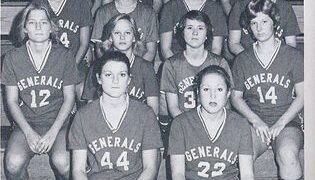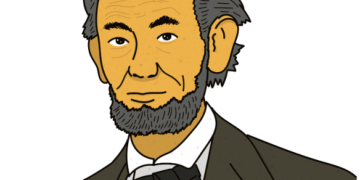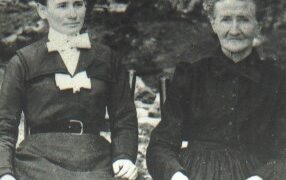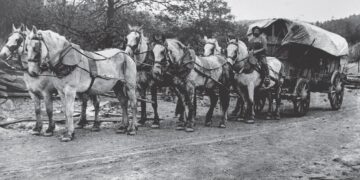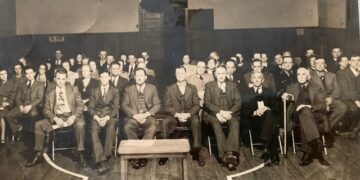
He wasn’t an imposing figure at 5’4 but garnered the respect of his players by being a great manager and fiercely defending his players from his sworn enemy, incompetent umpires. Let me explain briefly the role of a baseball manager for those of you that are unfamiliar. The great Sparky Anderson, manager of the Cincinnati Reds and Detroit Tigers teams that won multiple World Series titles, summed it up best with this quote. “Baseball is a simple game, if you have good players and keep them in the right frame of mind, then the manager is a success.” The manager makes up the lineup for every game to maximize his team’s hitting potential against the pitcher of the day for the opposing team. There is scouting of the pitcher’s previous games to check for tendencies. If the manager sees something that could be helpful to the hitter, he or she can relay that info to the third base coach in the form of a sign. The manager makes the call to attempt a stolen base, is the risk worth the reward in getting closer to scoring a run or possibly losing one of your three outs for that inning? The manager can call for a bunt, either a sacrifice variety to move a runner forward and give up an out or to try to get on base as a surprise tactic. He is also responsible for assigning the starting pitcher and deciding when to employ relief pitchers as circumstances arise. The manager will defend their players and intercede when disagreements occur with a common enemy, the umpire. With the era of instant replay in place in today’s game, arguments over calls are much less frequent than in the past. Earl wouldn’t have blown a gasket so much if he were managing today.
Weaver had a lifetime record in 17 seasons, all with the Orioles, of 1480 wins against 1060 losses, a stellar winning percentage of 58.3%. This puts him in 9th place all time among managers that had 10 or more seasons in the big leagues. He also was thrown out of 96 games for arguing with umpires. That is 4th all time for those of you that are keeping score. He was ejected once in every 26 games that he managed. Let’s put it this way. There was never a call that went against the Orioles that Weaver agreed with. If he disagreed with ball and strike calls, he would kick dirt over home plate to indicate that the umpire must be blind and can’t see the plate. He would also turn his hat around so he could get even closer to his tormentor’s face while screaming in it. Every ejection had its own flavor, but I will highlight some of the best ones. Bill Haller was the umpire that Earl had the most history and the least love for. This was 1972 and Earl liked to chain smoke cigarettes in between guiding his team and cursing umpires. There was a loosely enforced rule against smoking in the dugout and Umpire Bill had already been taking loads of abuse from the Baltimore dugout when he noticed Earl lighting up his 50th unfiltered Pall Mall of the game. He motioned toward the bench and threw Earl out of the game for smoking. This was the first time he had been ejected without even leaving the dugout, so he stormed out and gave Bill his money’s worth and the You’re Number One gesture before retiring to the clubhouse. The next day, he went to home plate to present the lineup card to Heller, with a candy cigarette dangling from his mouth. In a 1980 incident with Bill, Heller was wearing a mic for a local TV broadcast. Weaver was unaware of this and in the second inning, a balk was called on the Baltimore pitcher and Earl lost his mind. Not knowing the umpire was miced up, Earl promptly used a variation of all seven words you can’t say on TV and the local censor couldn’t cut the mic quick enough. A hastily arranged commercial break ensued, probably for Ivory Soap to wash Earl’s mouth out with. Other notable highlights are being the only manager to be thrown out of both halves of a doubleheader and the first manager to be thrown out of a World Series game.
For all his bluster, Earl Weaver was an outstanding manager and employed methods that were far ahead of their time. Hopefully, some of you are familiar with the book and movie Moneyball. This was the first instance of using a computer method called sabermetrics to evaluate players. Weaver was doing a variation of this, but through his coaches and his own research without the advantage of a computer program. He would prepare meticulous index cards of all his opponents’ players and use that info to get the players on hand in the best position to take advantage of the other team’s weaknesses. Earl would walk by one of his players and casually say “Did you know that you are 5 for 9 against this guy pitching today?” That statistical info he had at a drop of a hat was effective in motivating his players. He was also one of the first to realize that if his pitchers threw a strike on the first pitch, the opposing batters average dropped by 100 points. He despised bunting thinking it was a waste of an out. The 3-run homer was a much more effective way of scoring runs in his eyes, so he encouraged his players to walk as often as possible. More men on base for the home run sluggers always in his lineup. He was not a fan of the sacrifice bunt or the hit and run. Why go for one run and give up outs when you can trust the batter and maybe get three. There are only 27 outs in a game, why waste them? His motto was pitching, defense, and the 3-run homer. Another Weaver quote was “There are only 3 outs in an inning, and they should be treasured. An inning doesn’t last 15 minutes or 6 batters or 20 pitches, it last 3 outs. Give one away and you are making things harder on yourself.” Hard to argue with his success over 15 years of managing the Orioles. One World Series title and four pennants. His teams finished first or second in the AL East 12 times in 15 seasons. Merry Christmas to everyone and I will leave you with a quote from Hall of Famer Rogers Hornsby “People ask me what I do in the winter when there is no baseball. I’ll tell you what I do. I stare out the window and wait for spring.”

